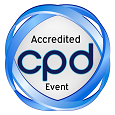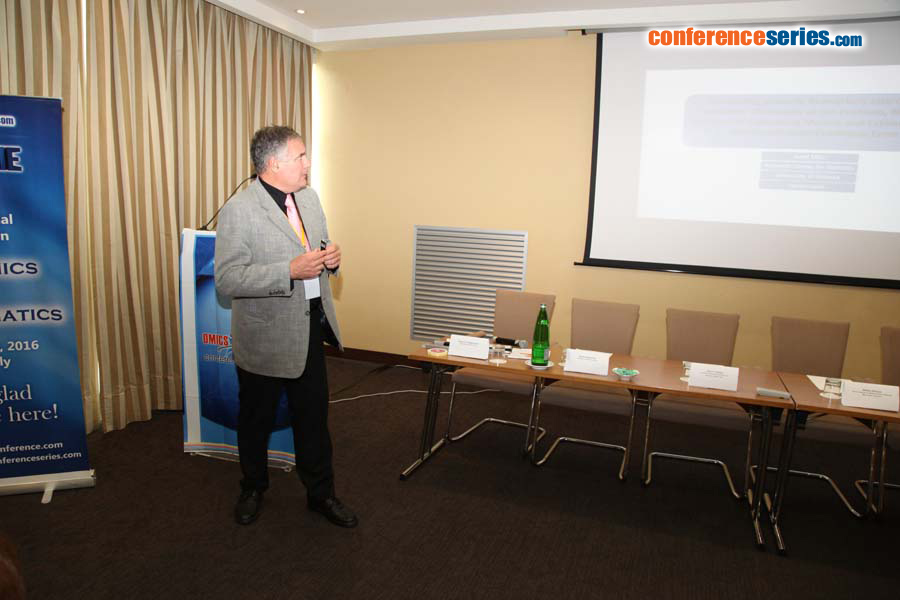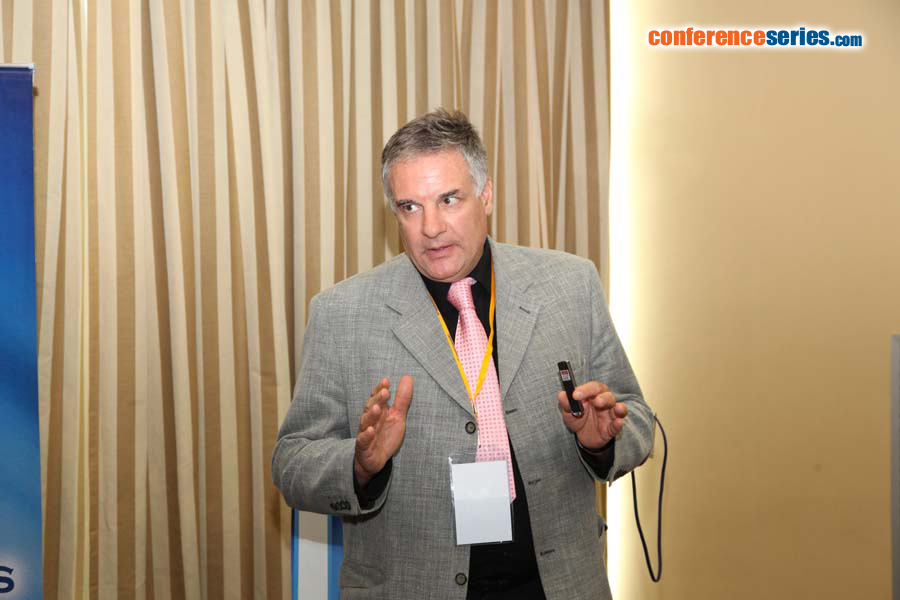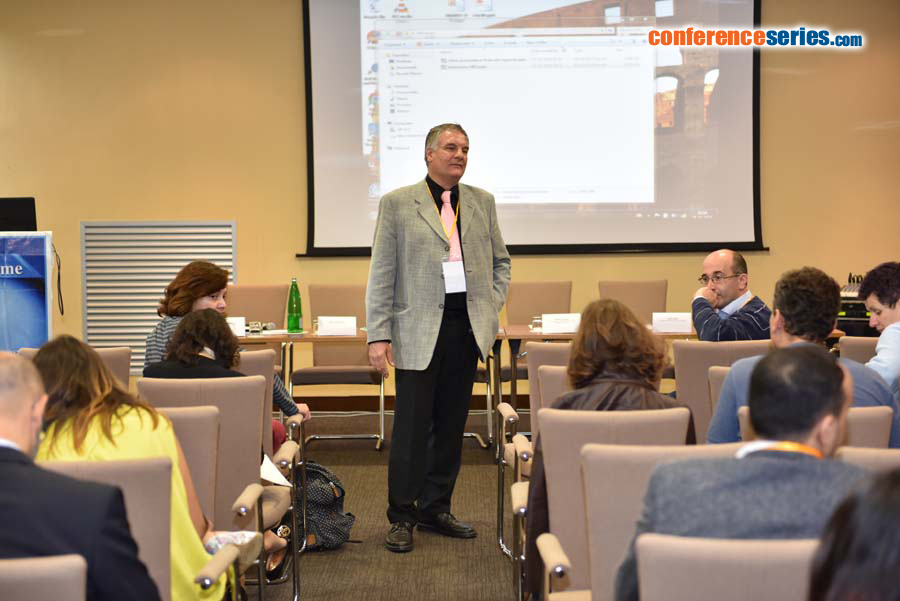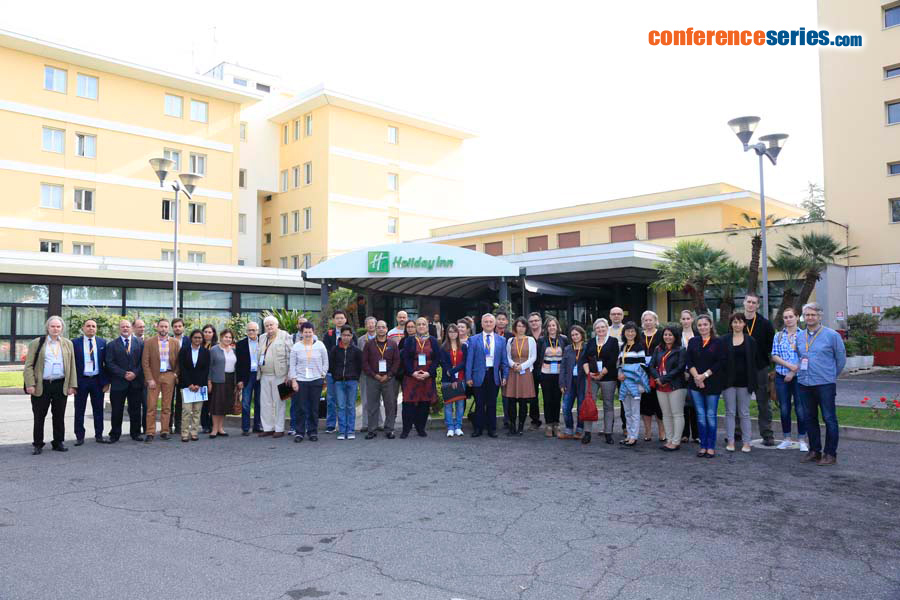
Nabil Mili
University of Geneva, Switzerland
Title: Translating genomic biomarker findings into clinical medecine: Dimension of the problem, network structure of competing models and estimate of the misclassification prediction error
Biography
Biography: Nabil Mili
Abstract
Technical breakthroughs have enabled unprecedented progress in the field of omics. Arguably, this should result in great potential in the field of biomarker discovery and indeed, publications in the field of biomarker discovery have increased dramatically over the past two decades. However, the increase in the number of clinically useful biomarkers have been meager. The major statistical challenges in the translation from biomarker discovery to clinical utility, as long as the concern is to classify any patient into a nosographic category are: The dimension of the problem (how many biomarkers do we need to properly classify a patient?); the network structure of the selected biomarkers (a biomarker does not act in an isolated way but is inserted into a network. What is the architecture of that network?); the paradigmatic structure of competing statistical models (many rival models may have the same misclassification predictive error. They should be considered as equivalent or belonging to the same paradigmatic class) and; an estimate of the misclassification prediction error. We applied a newly proposed gene selection method based on statistical and machine-learning principles which delivered a set of models that best predicted the disease class. These models were inserted in a network where the biomarkers were placed in specific positions according to their relevance in discriminating between the diseases. The principles of the method that meets the above mentioned challenges will be presented and applied to clinical cases (inflammatory bowel diseases, breast cancer and gliomas).
